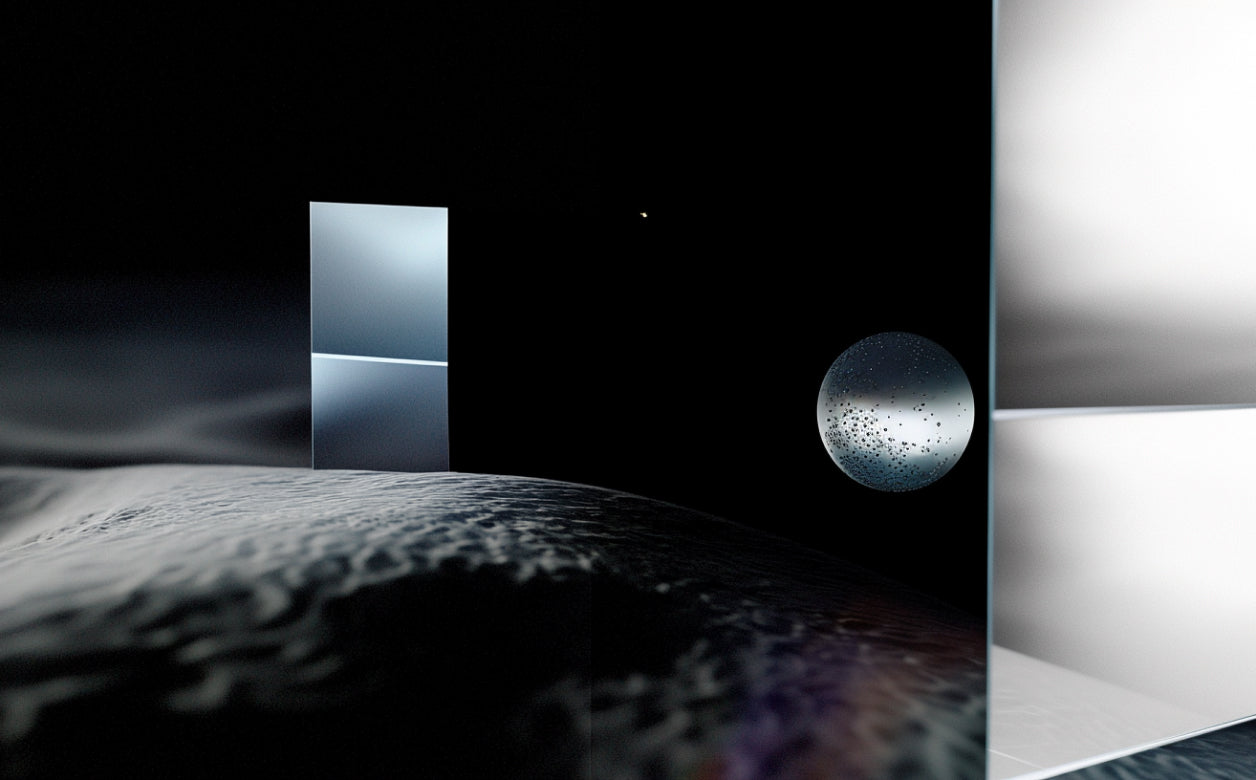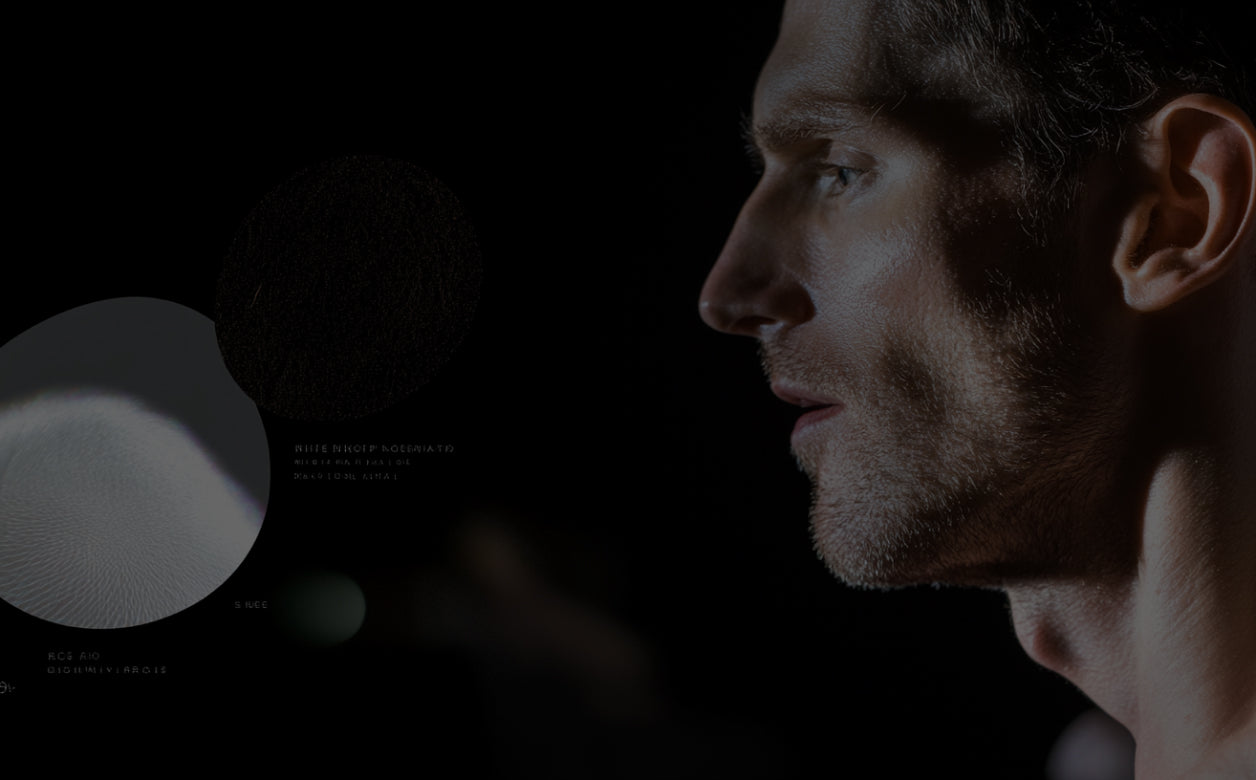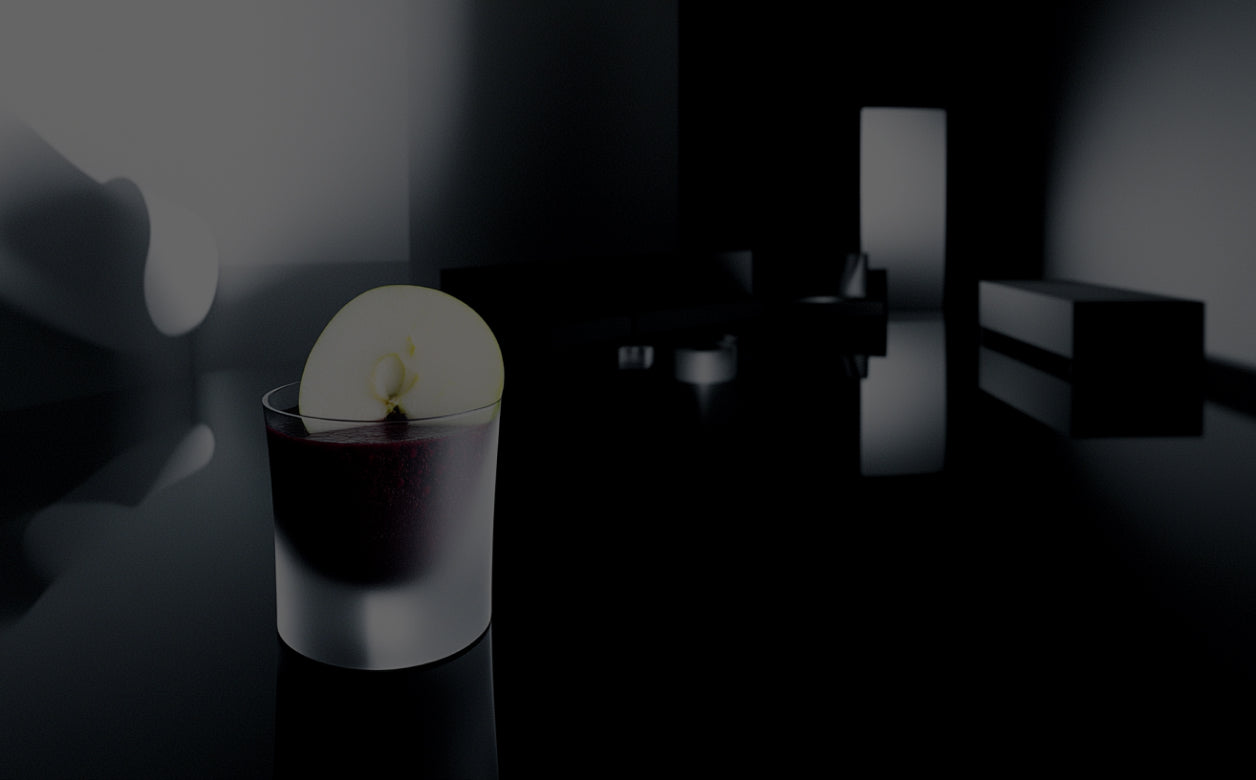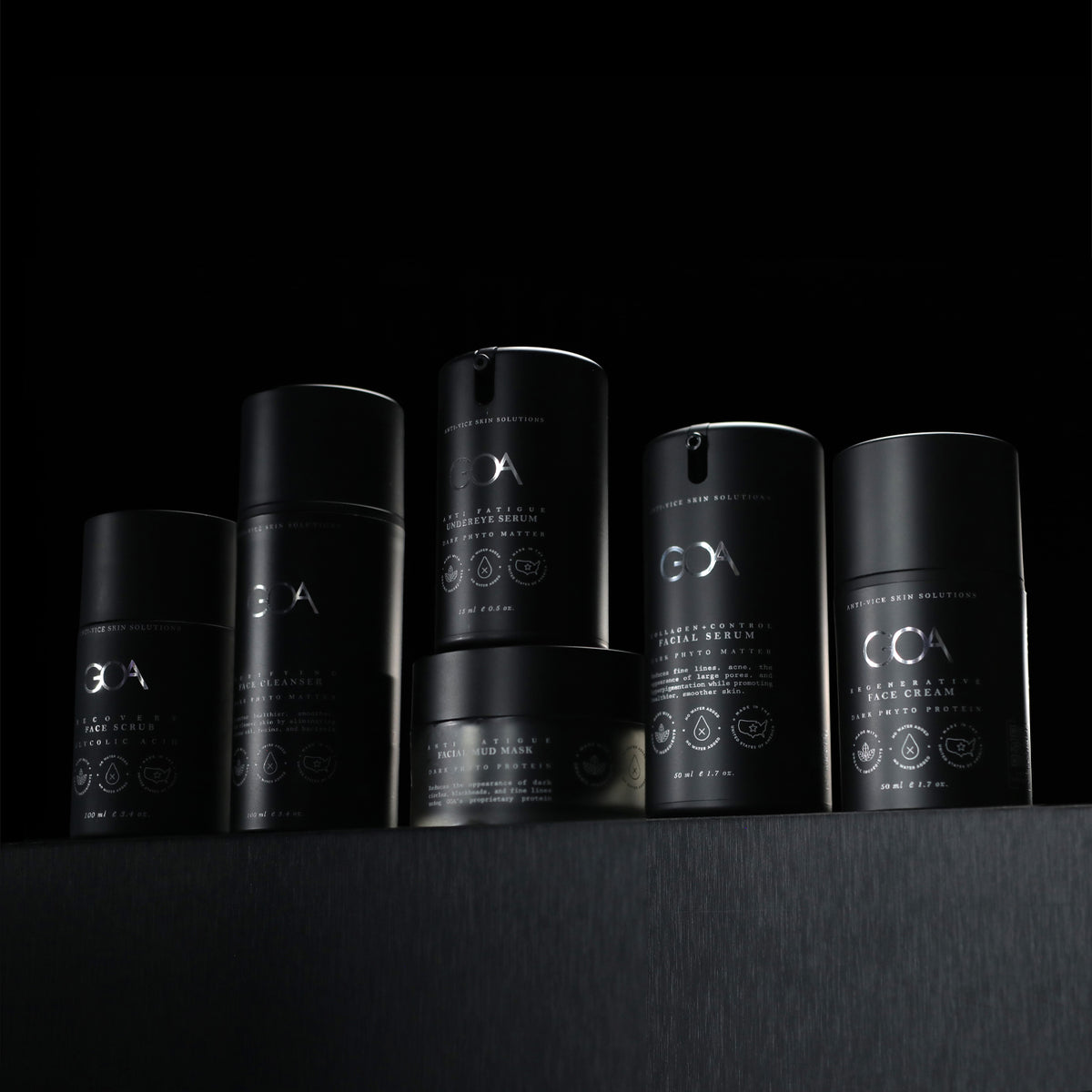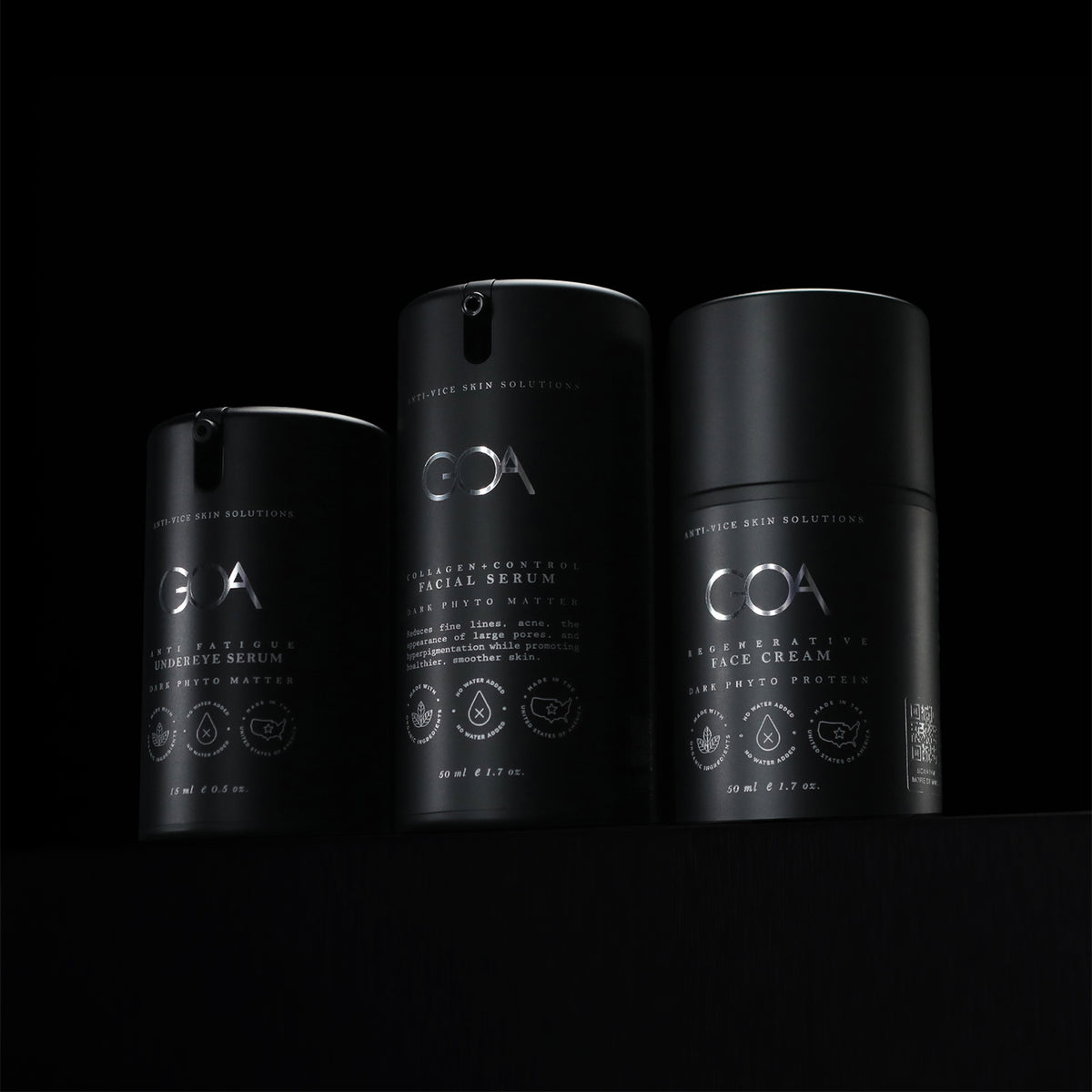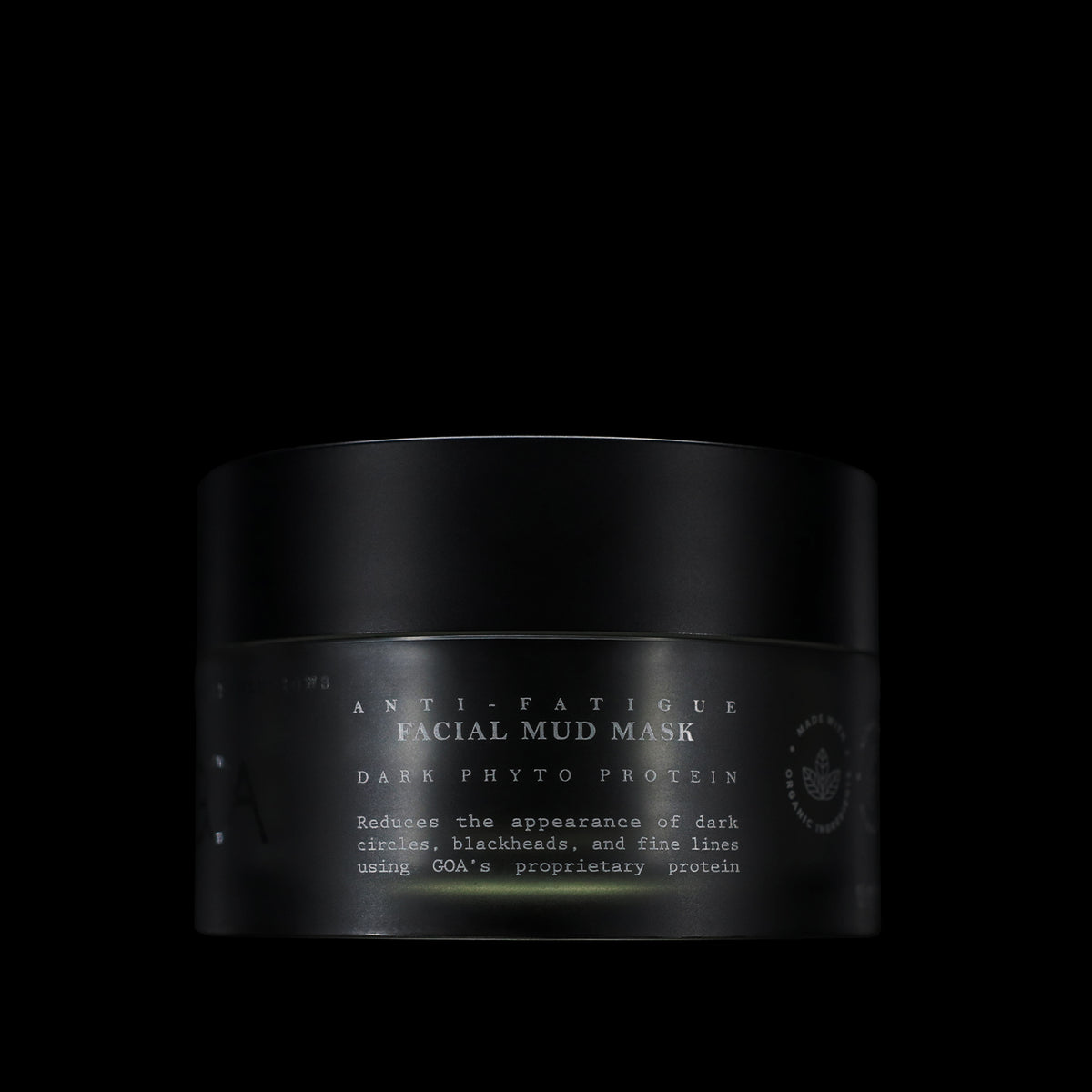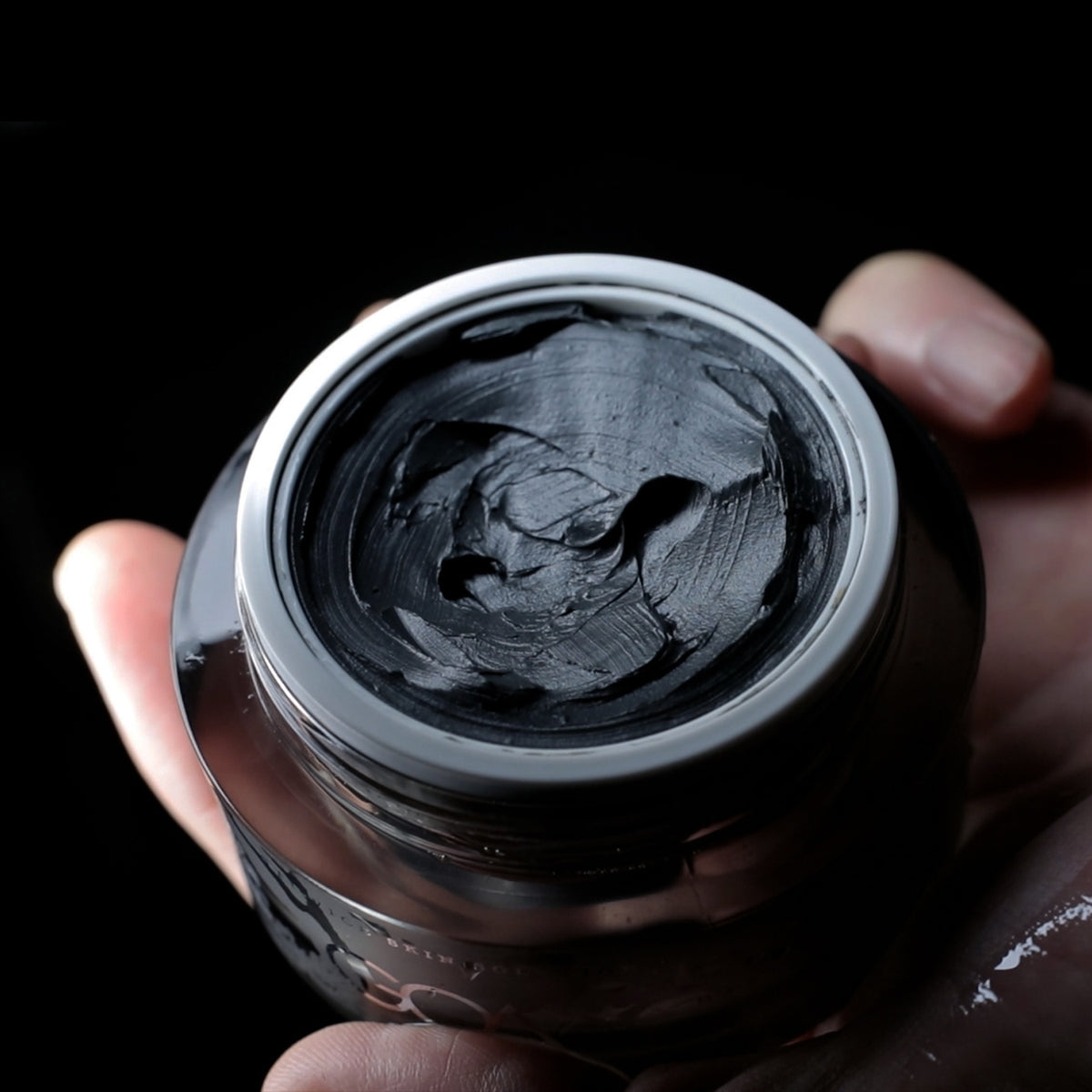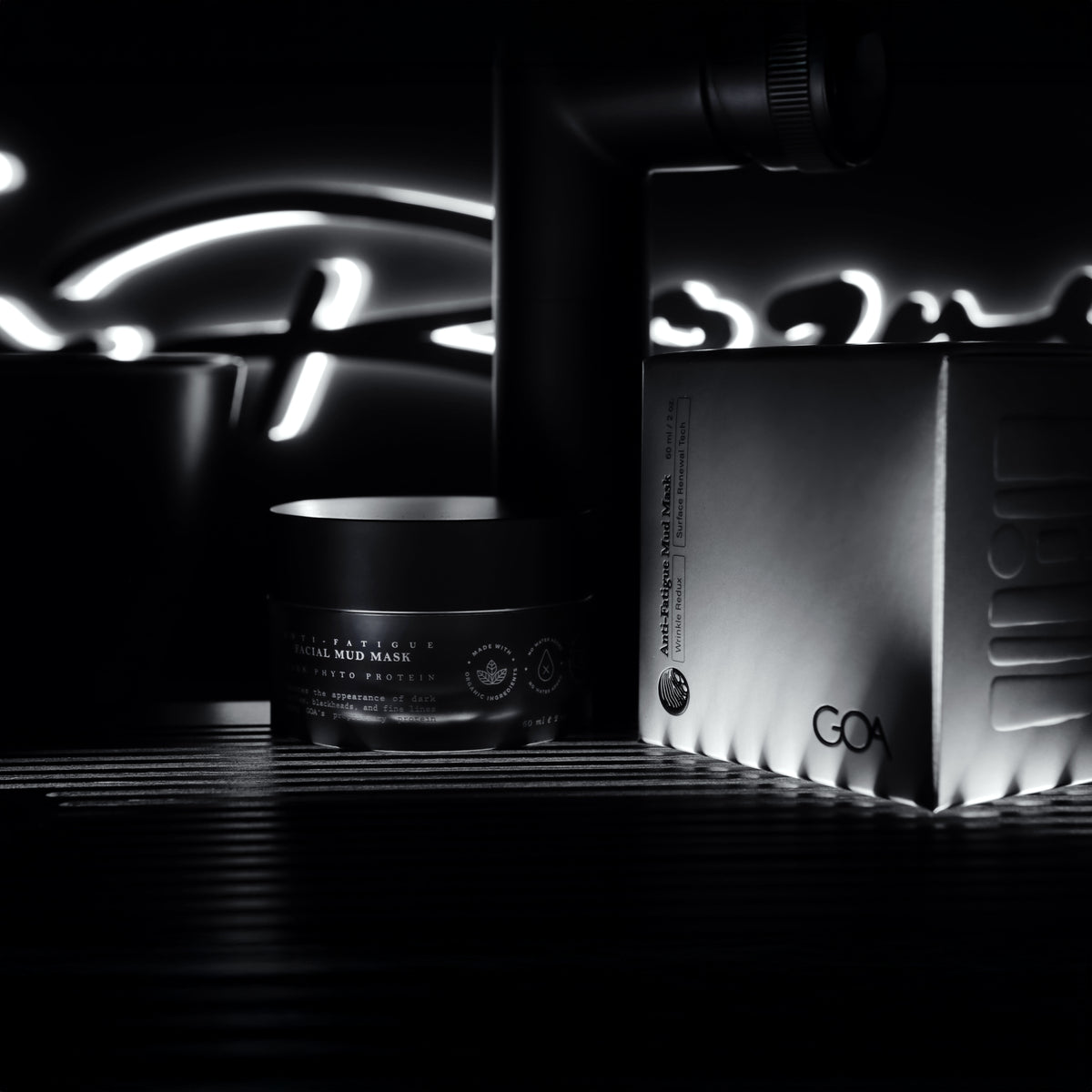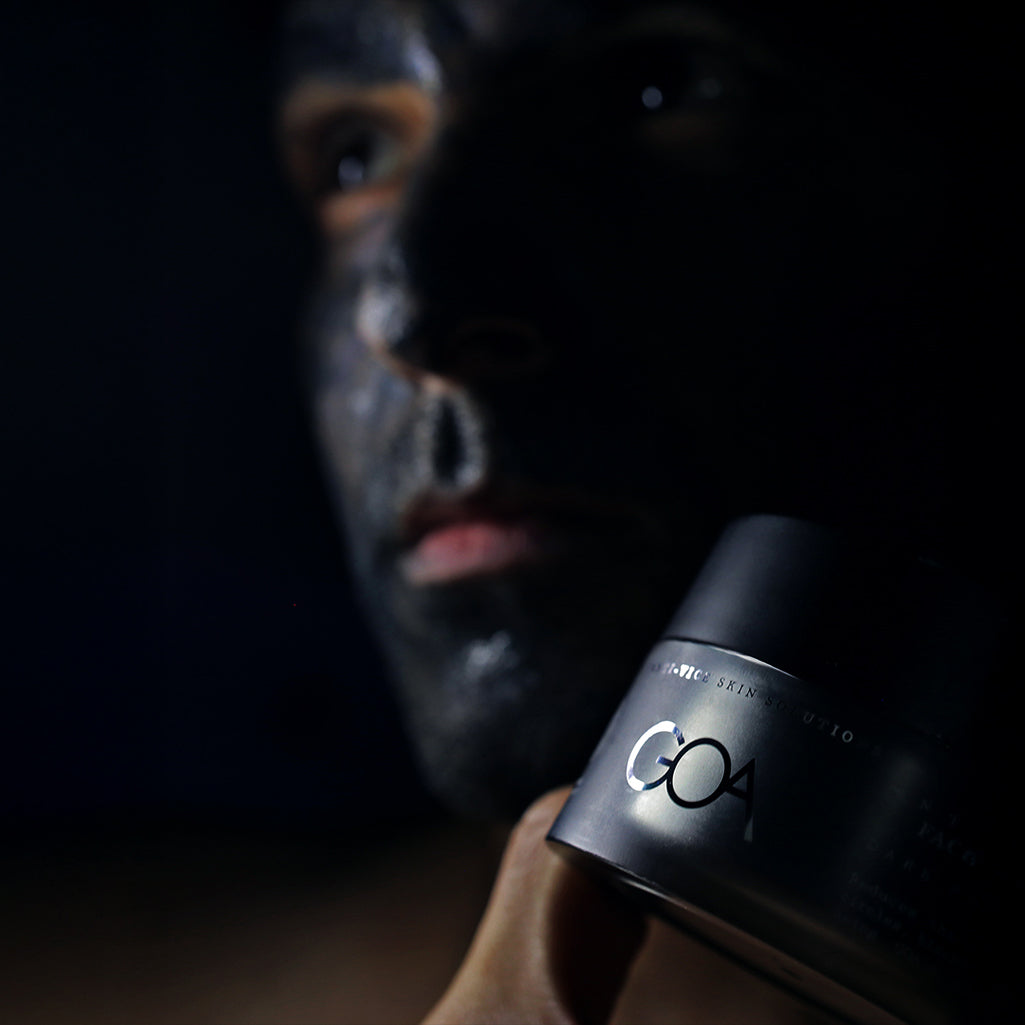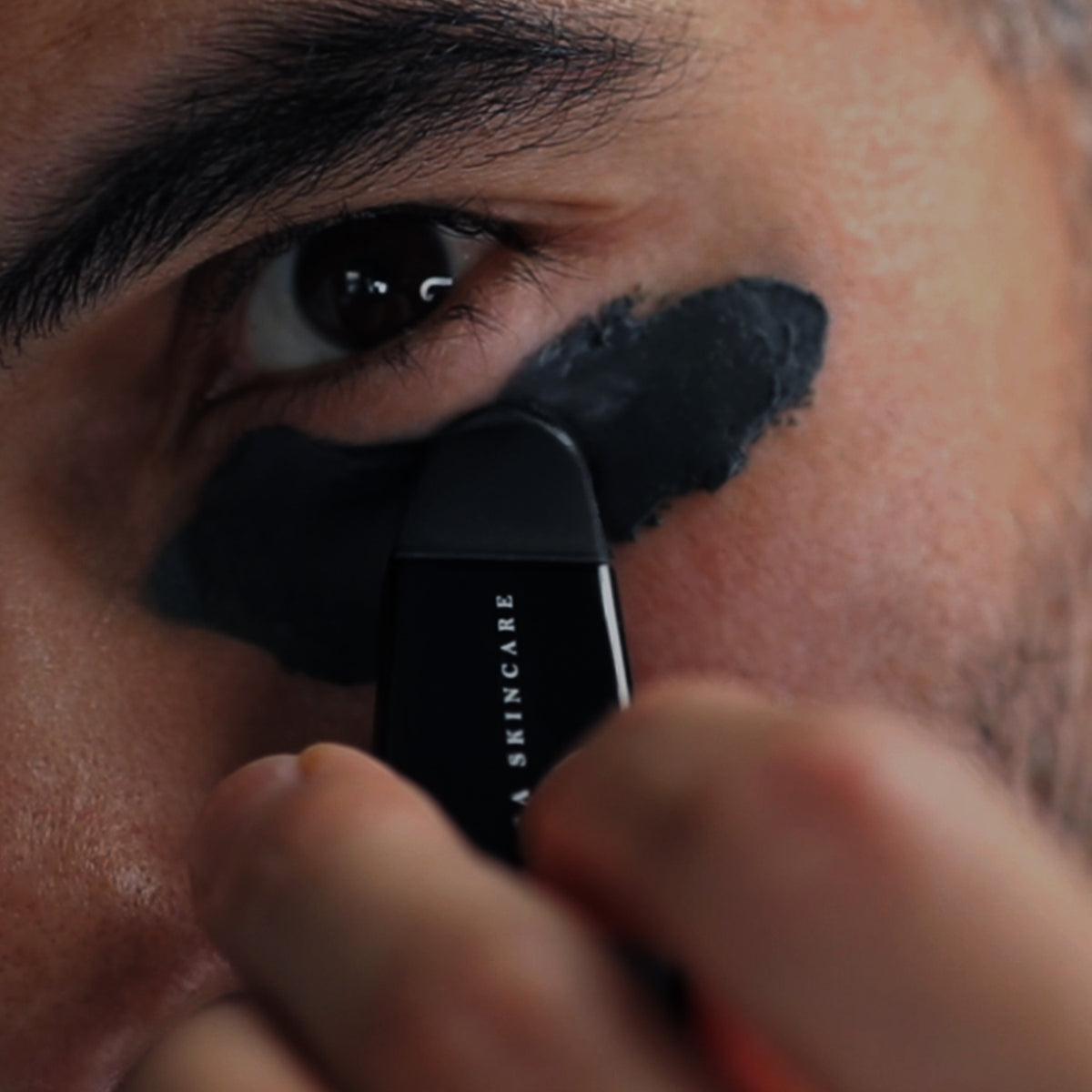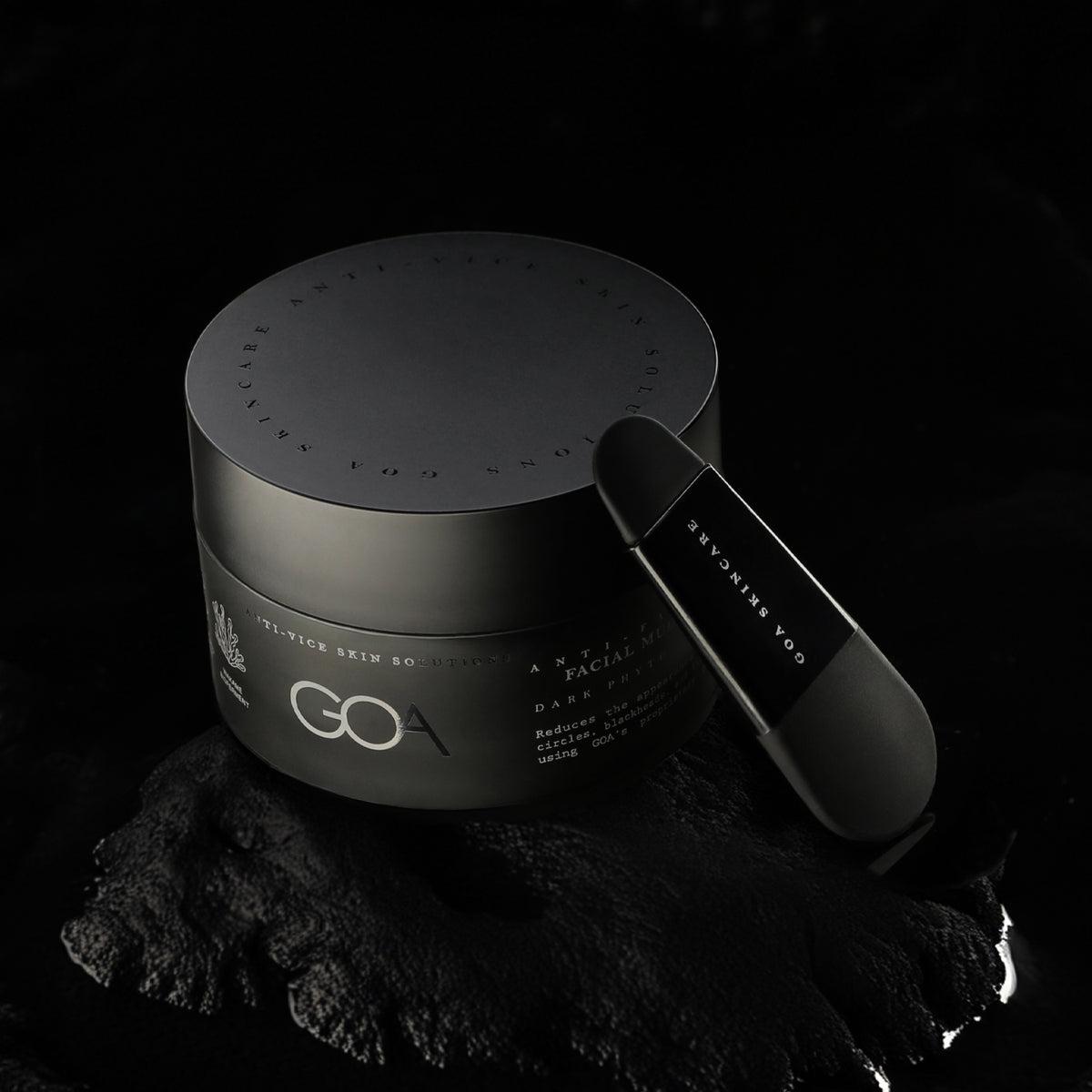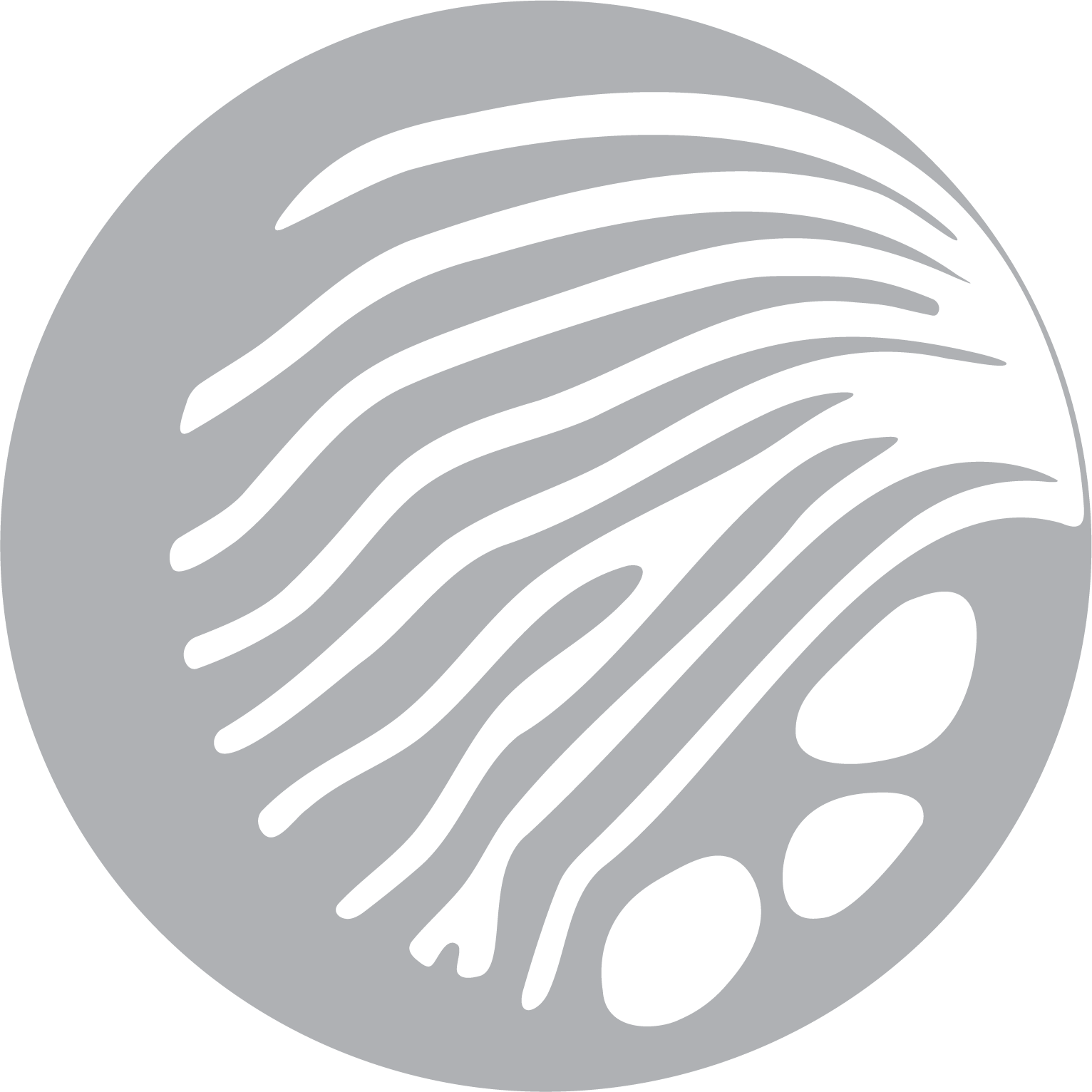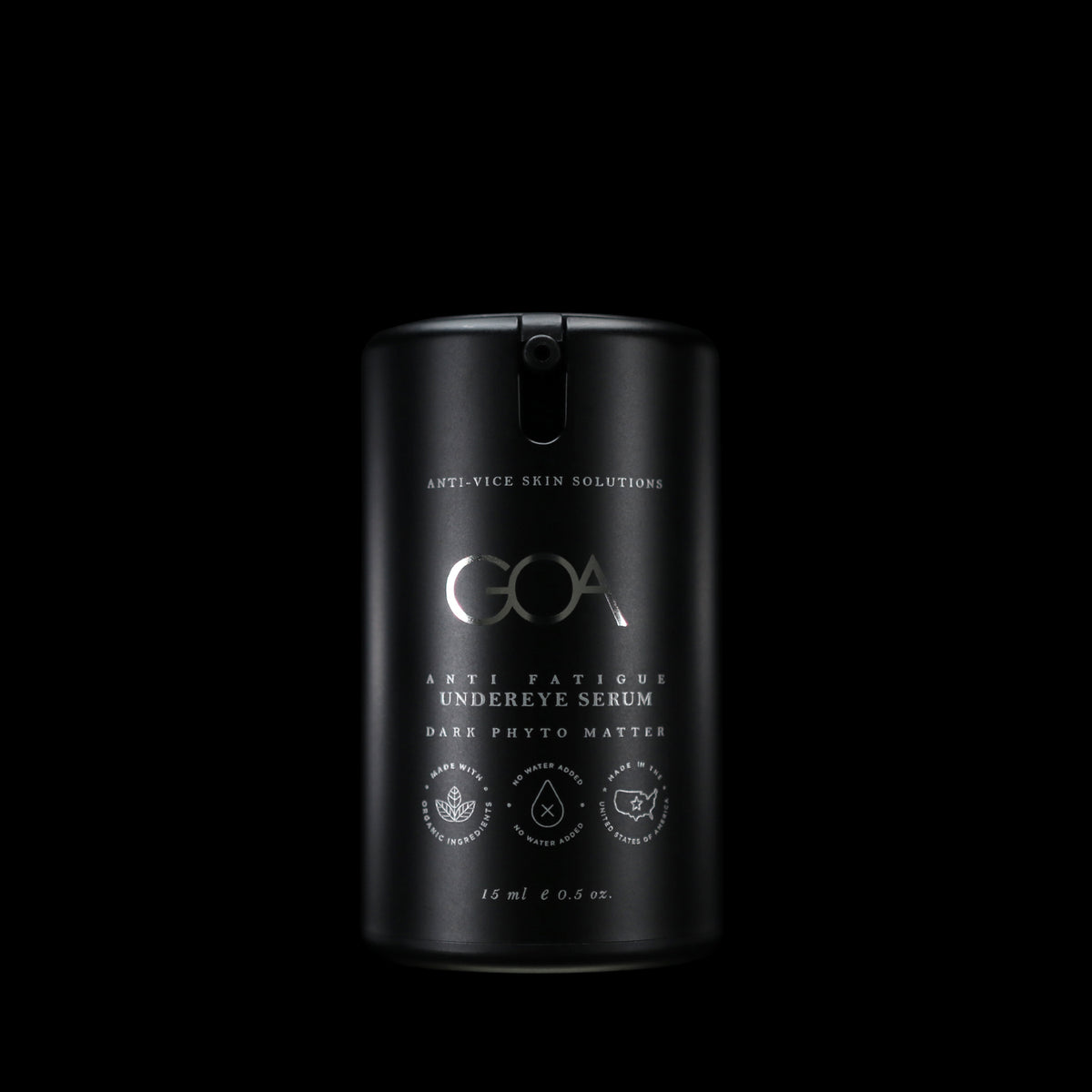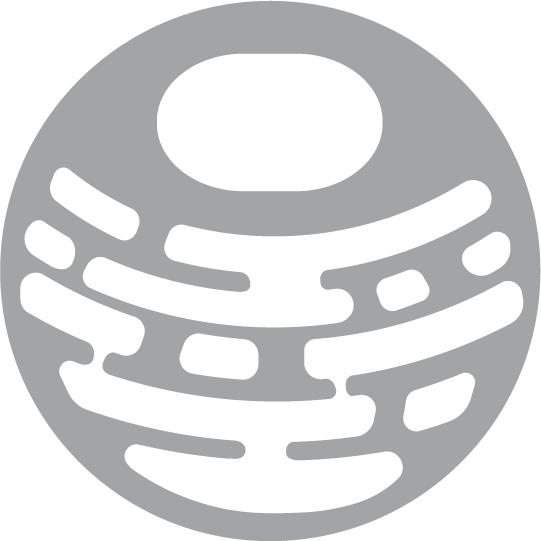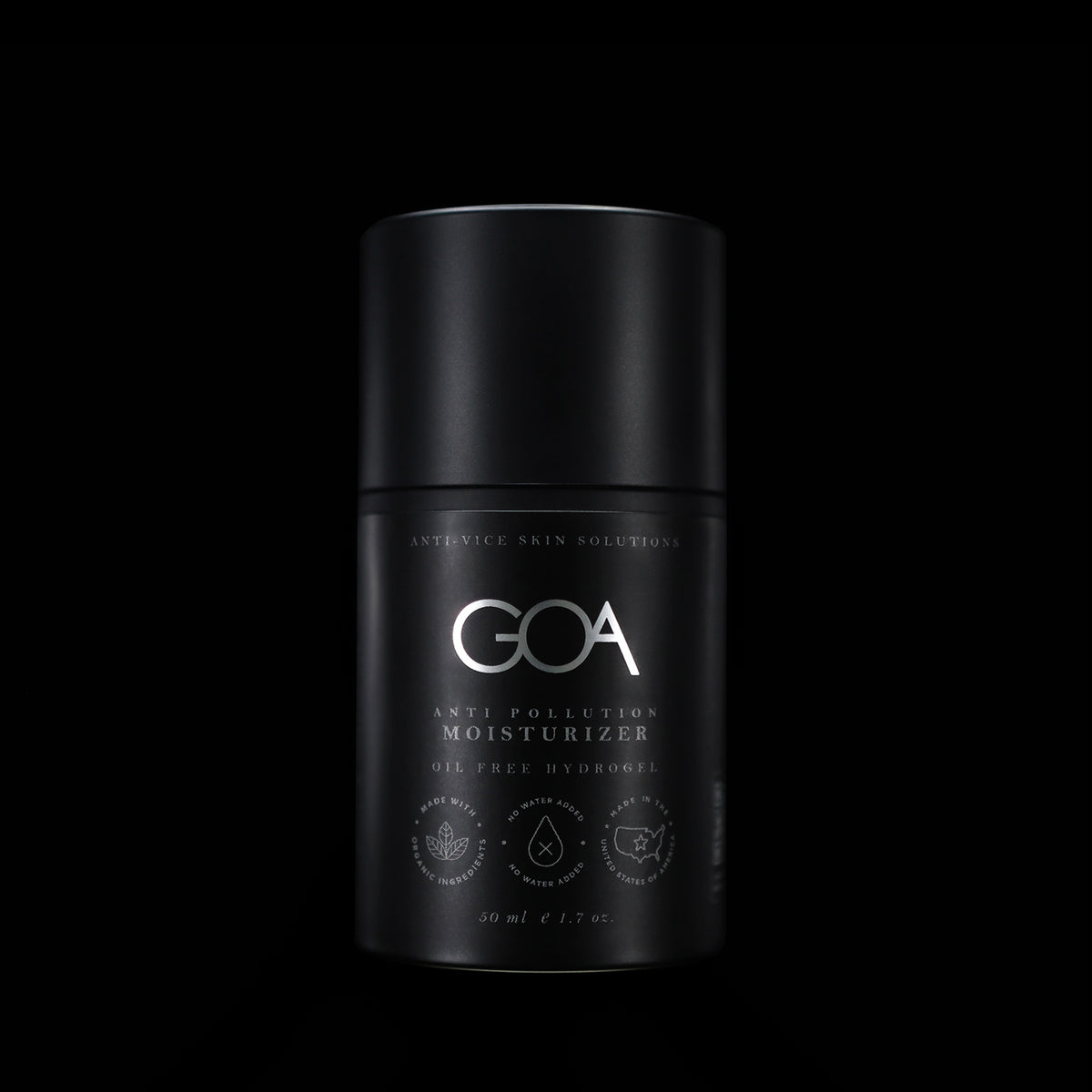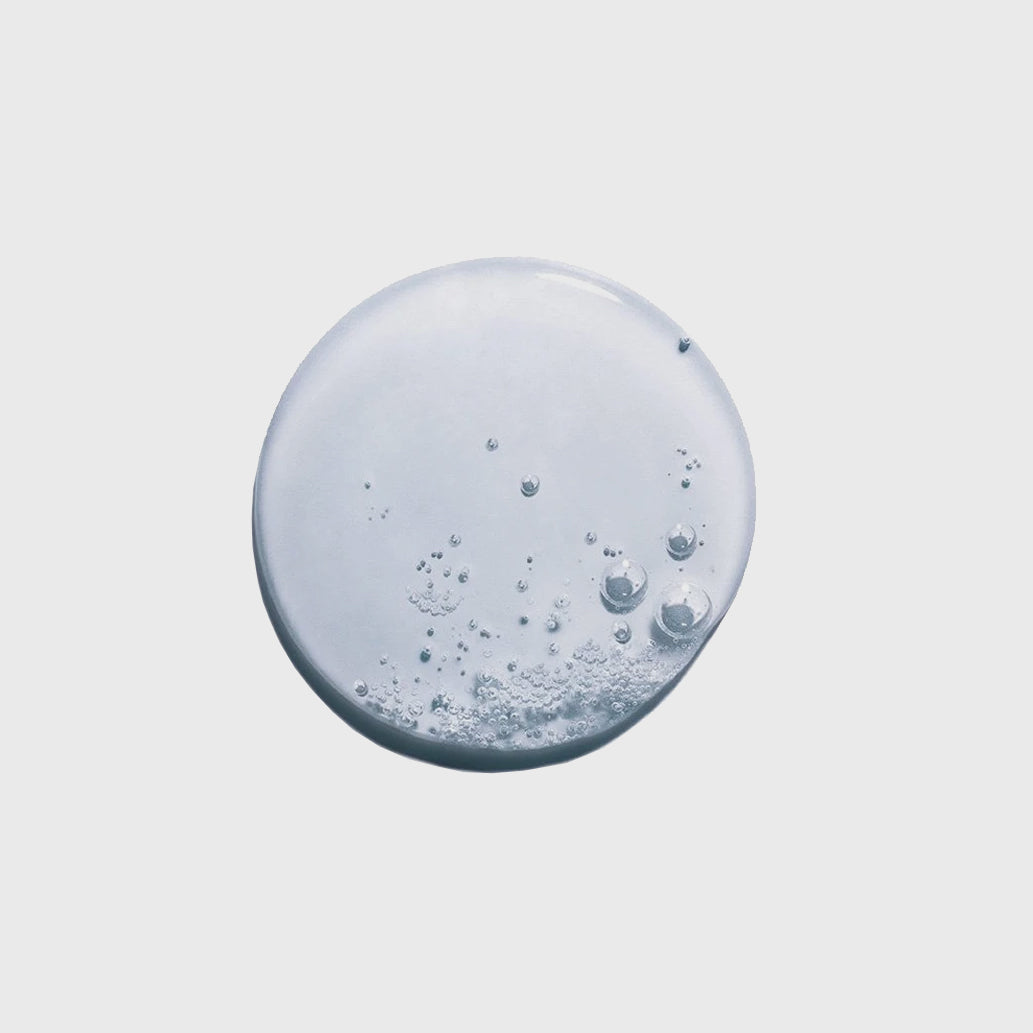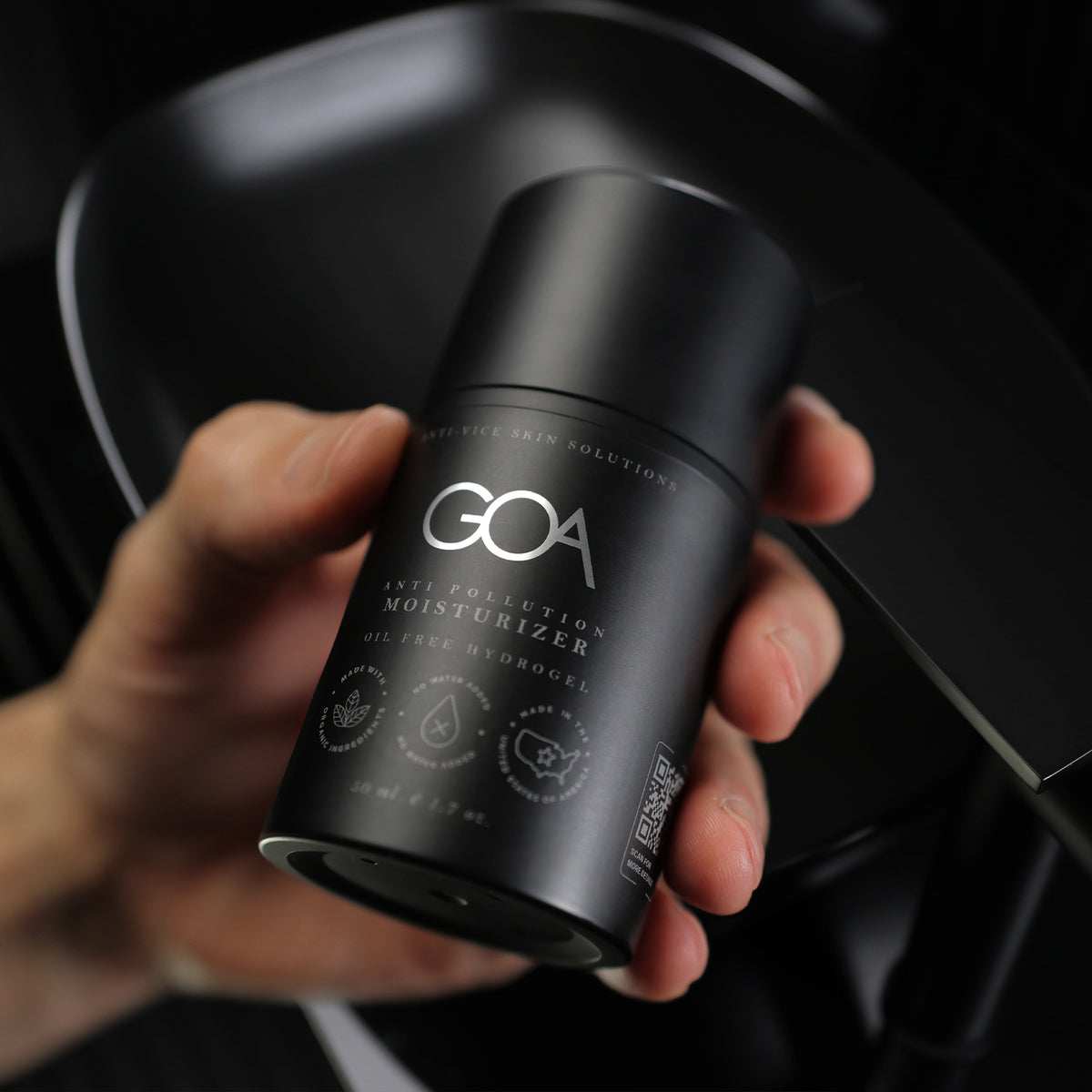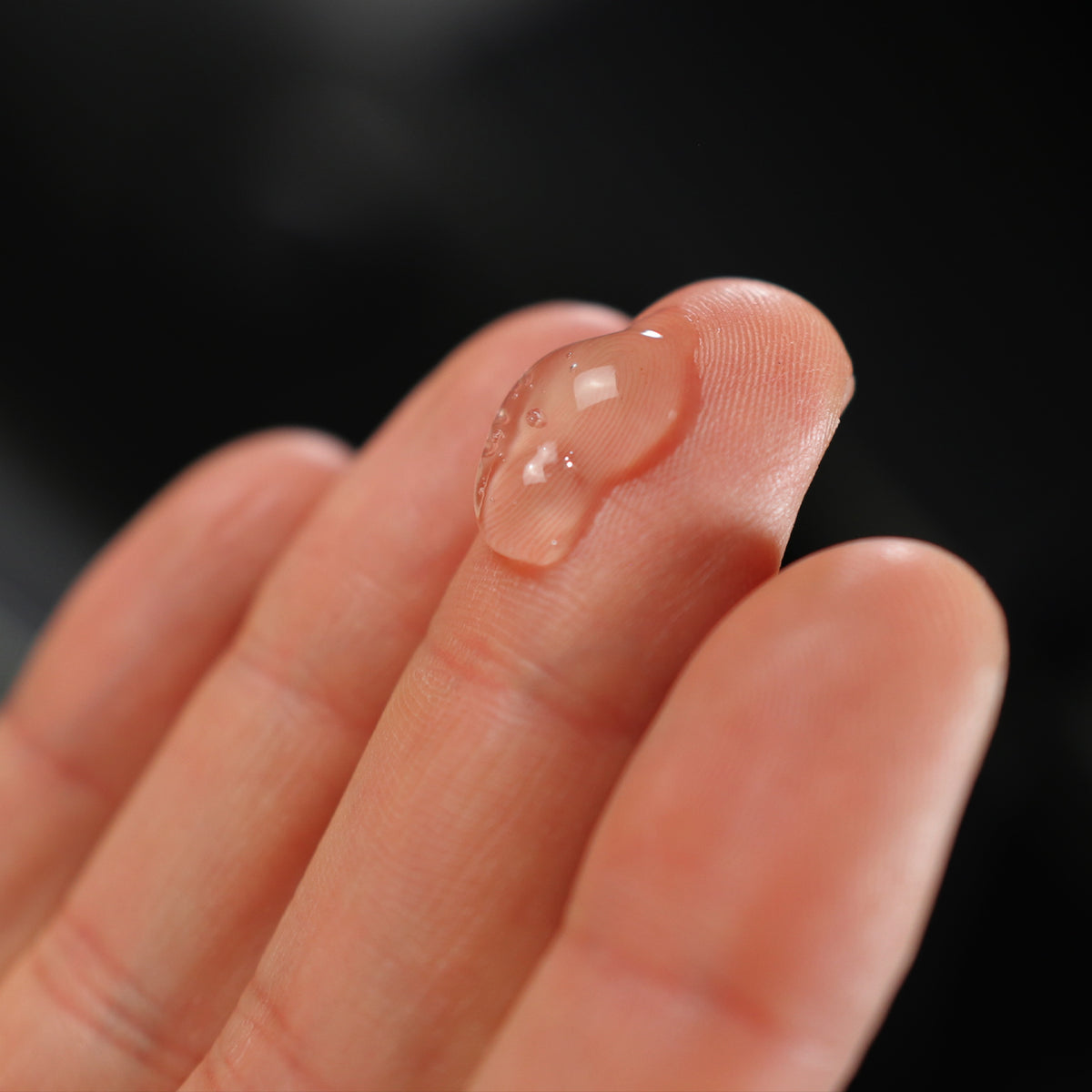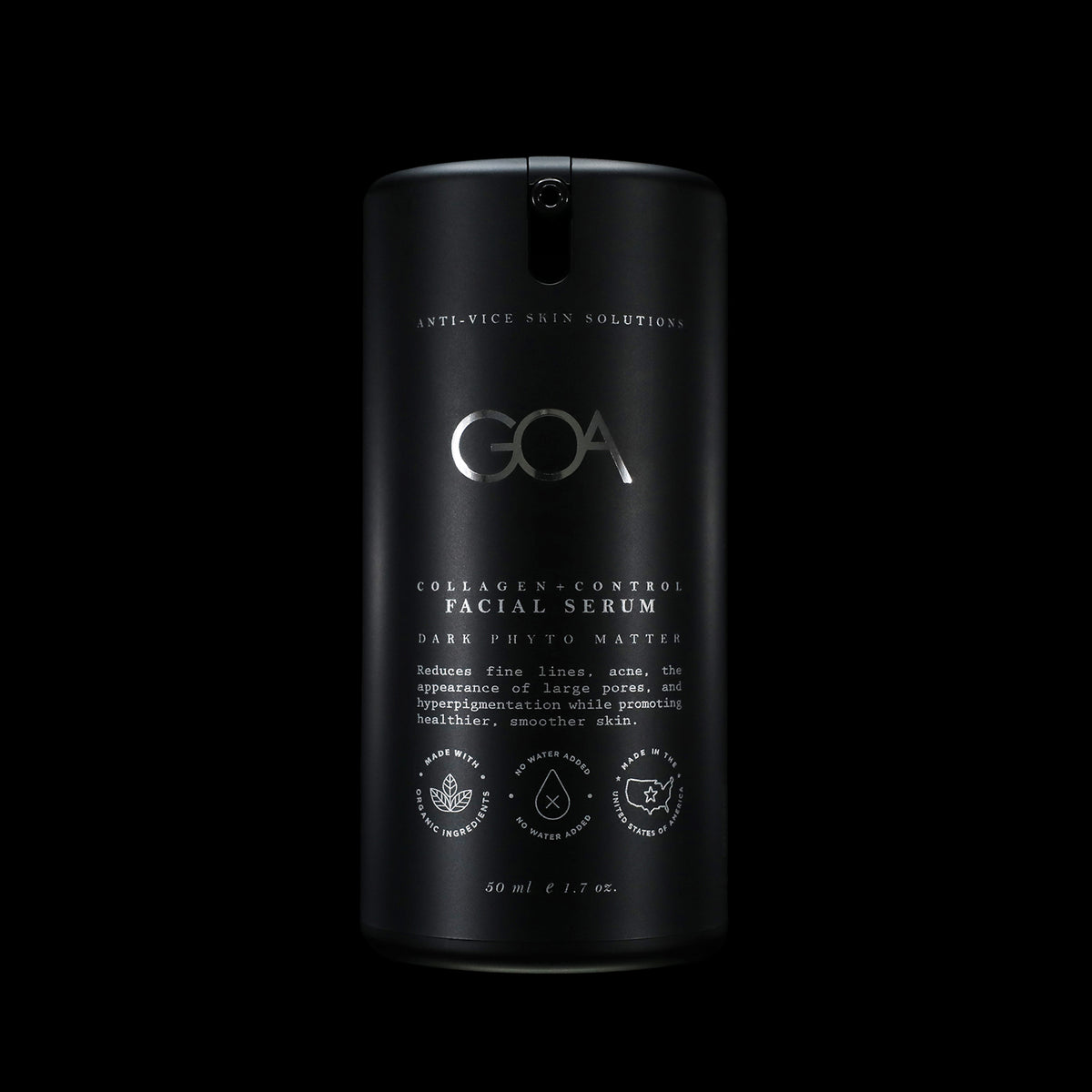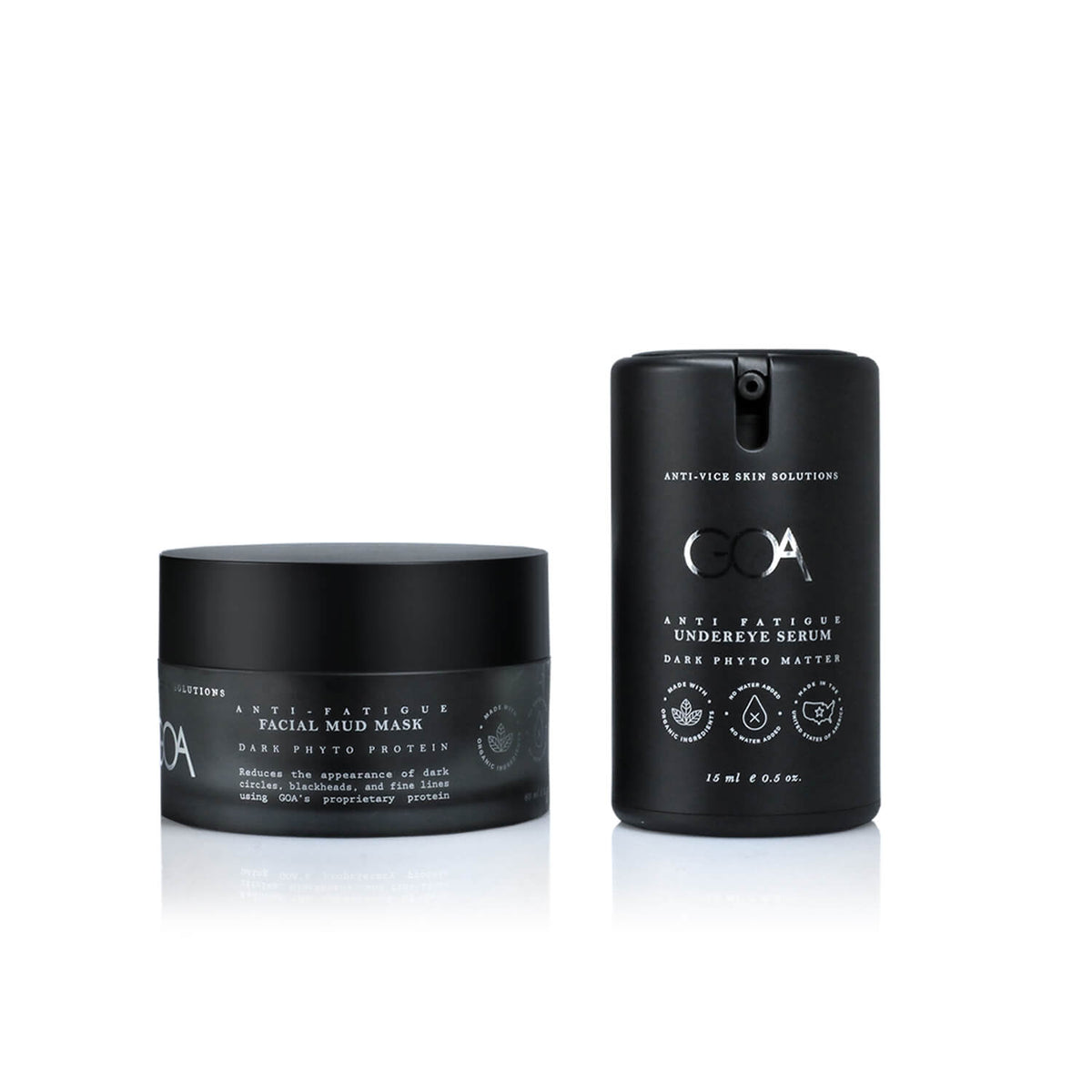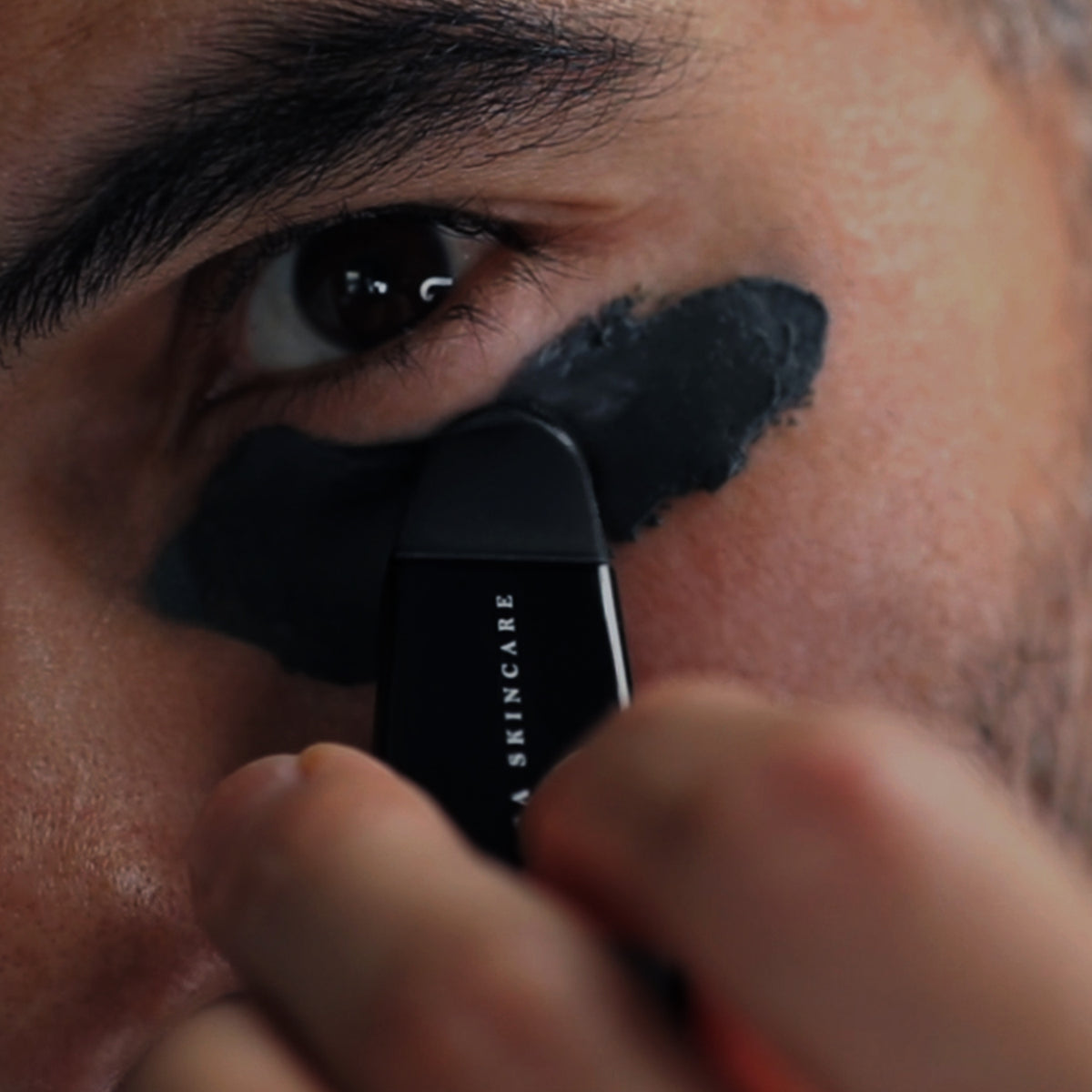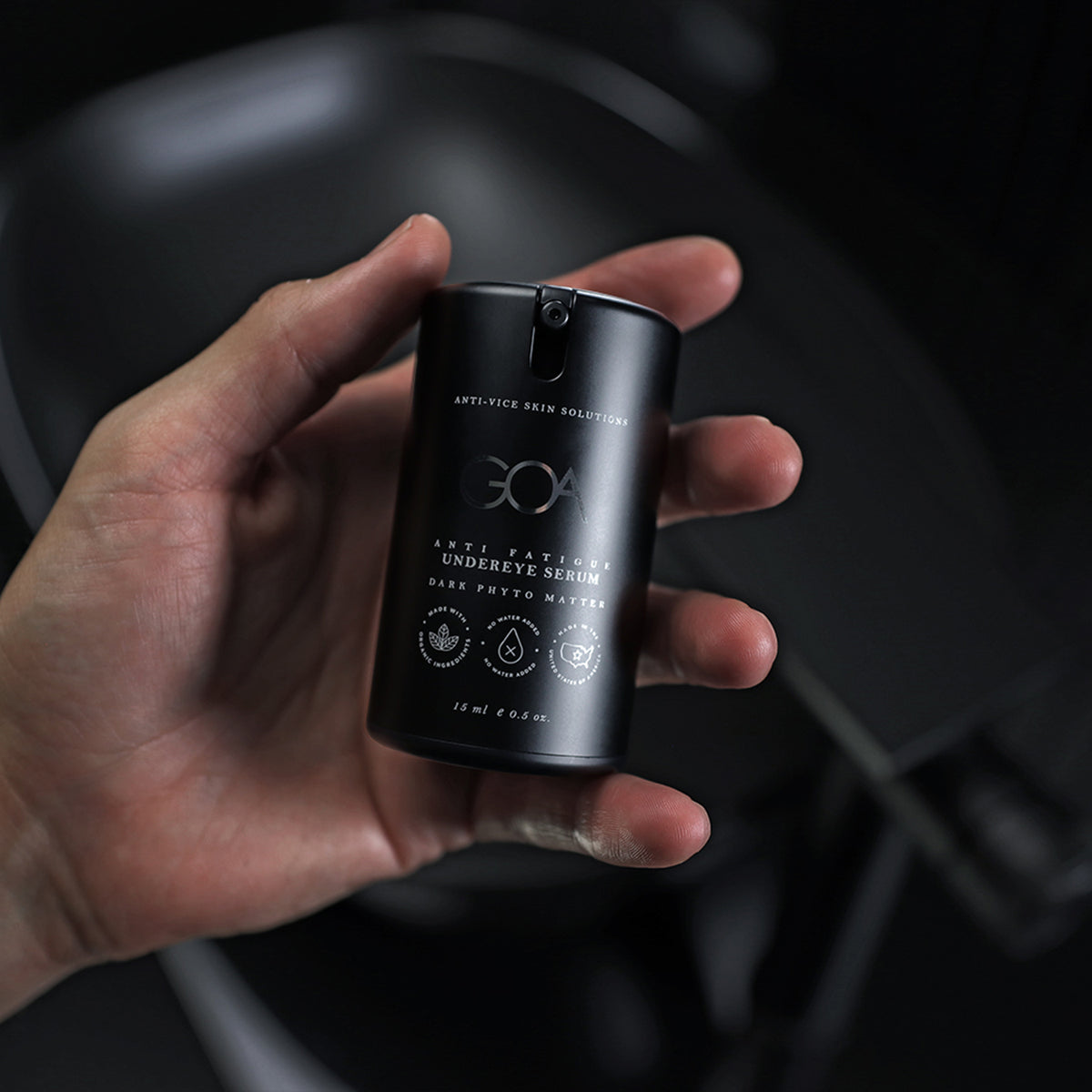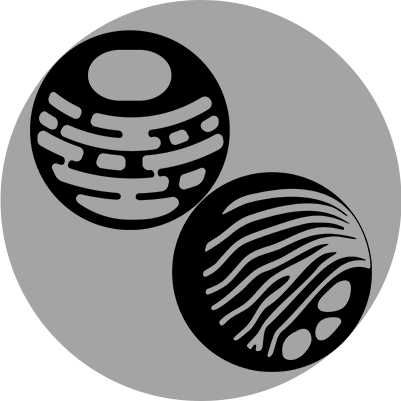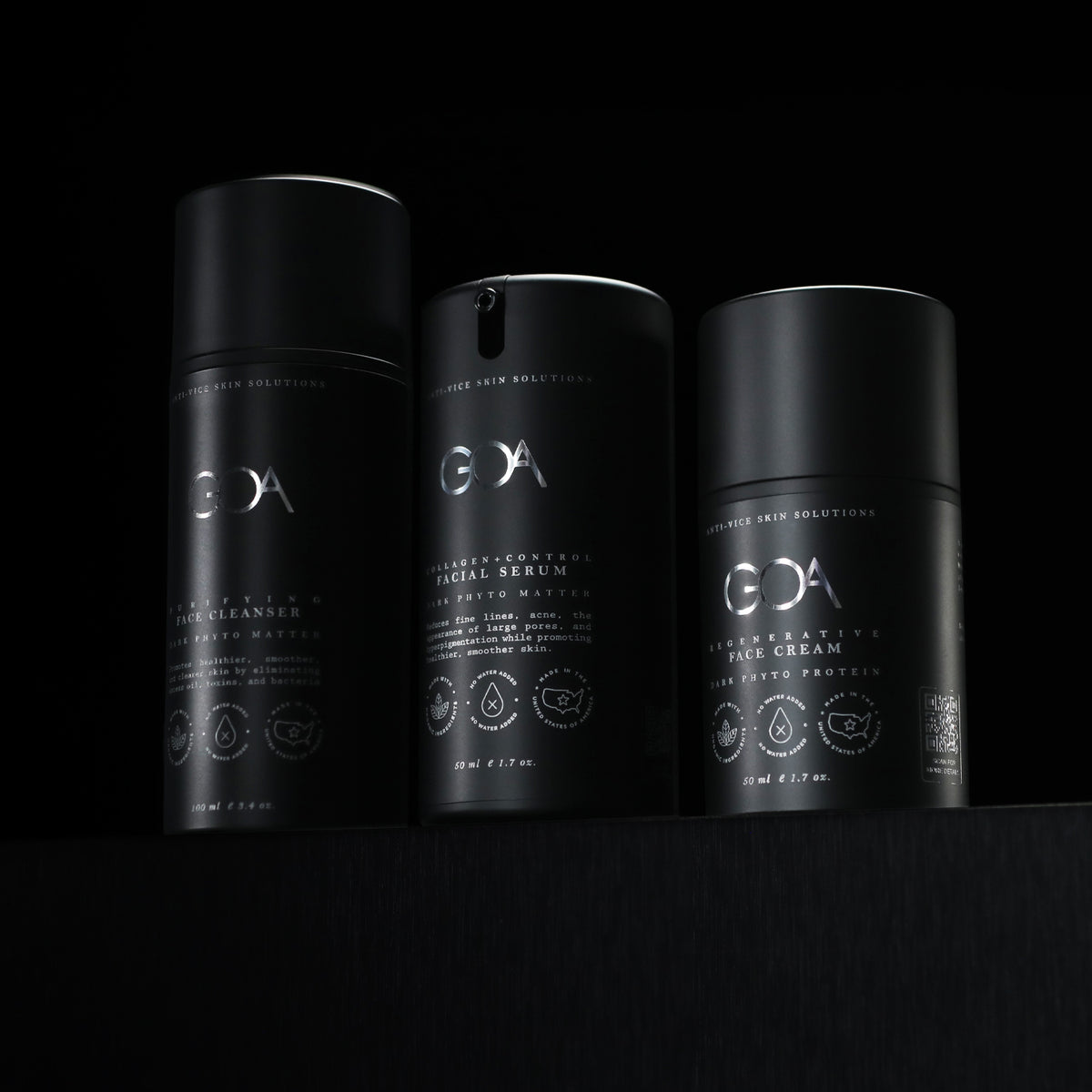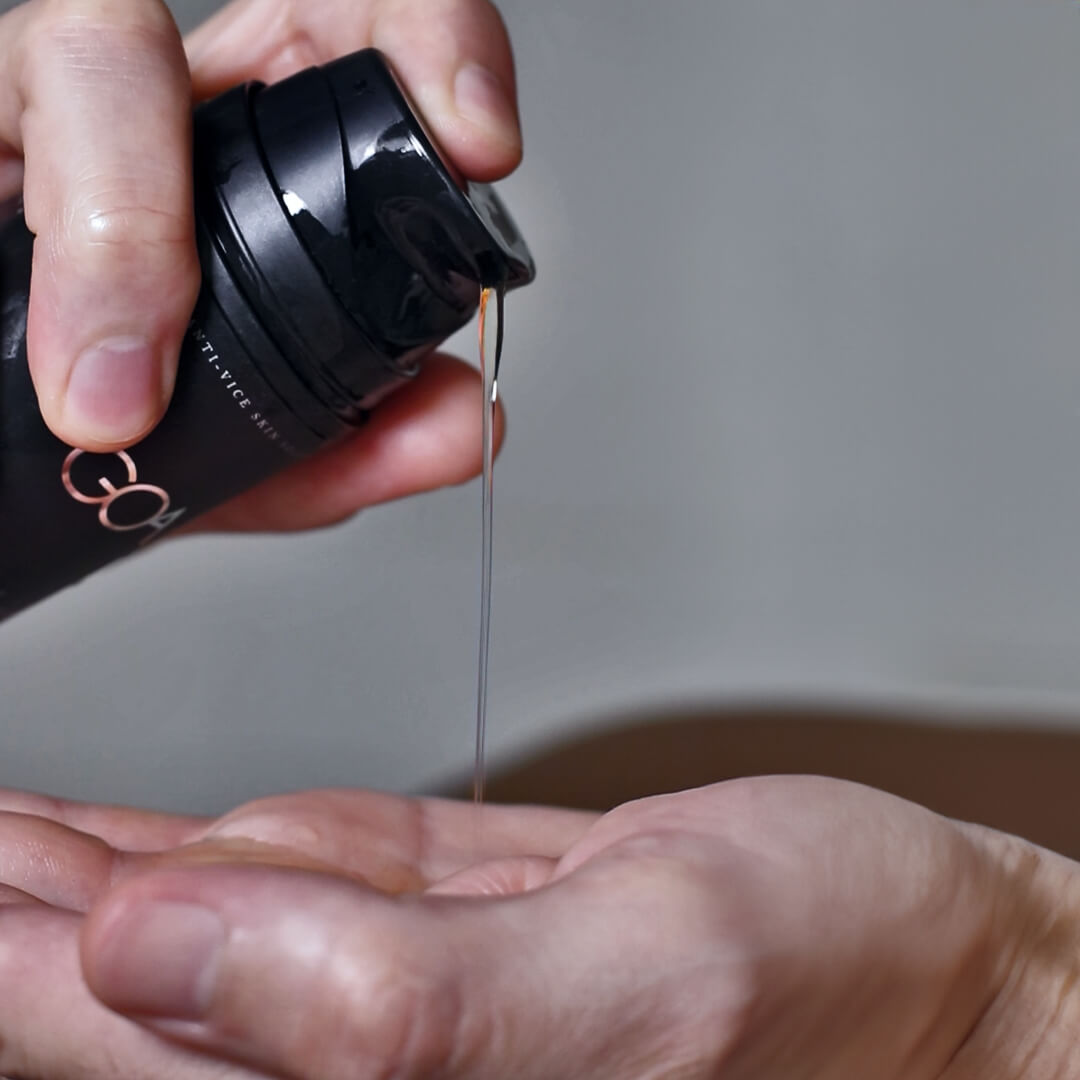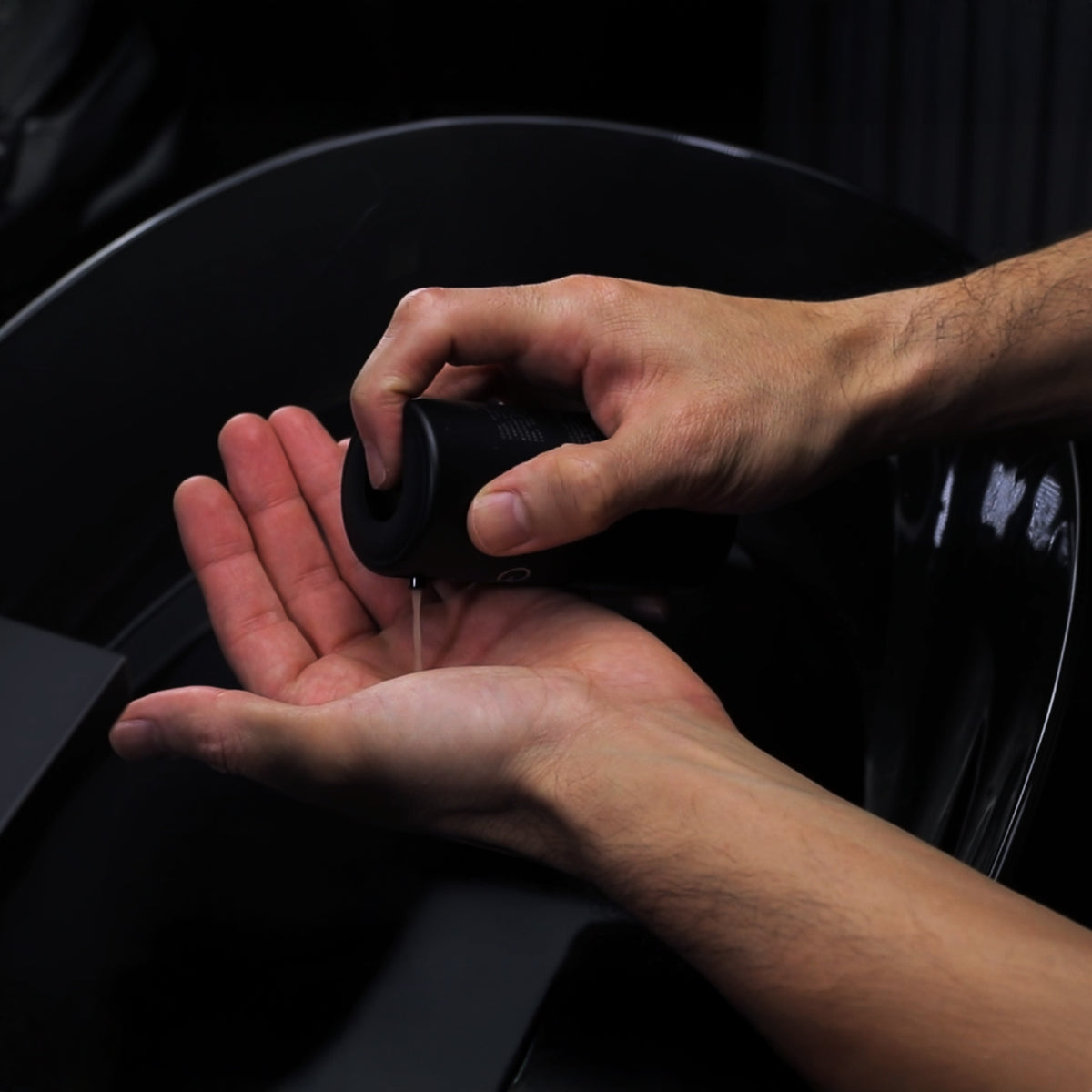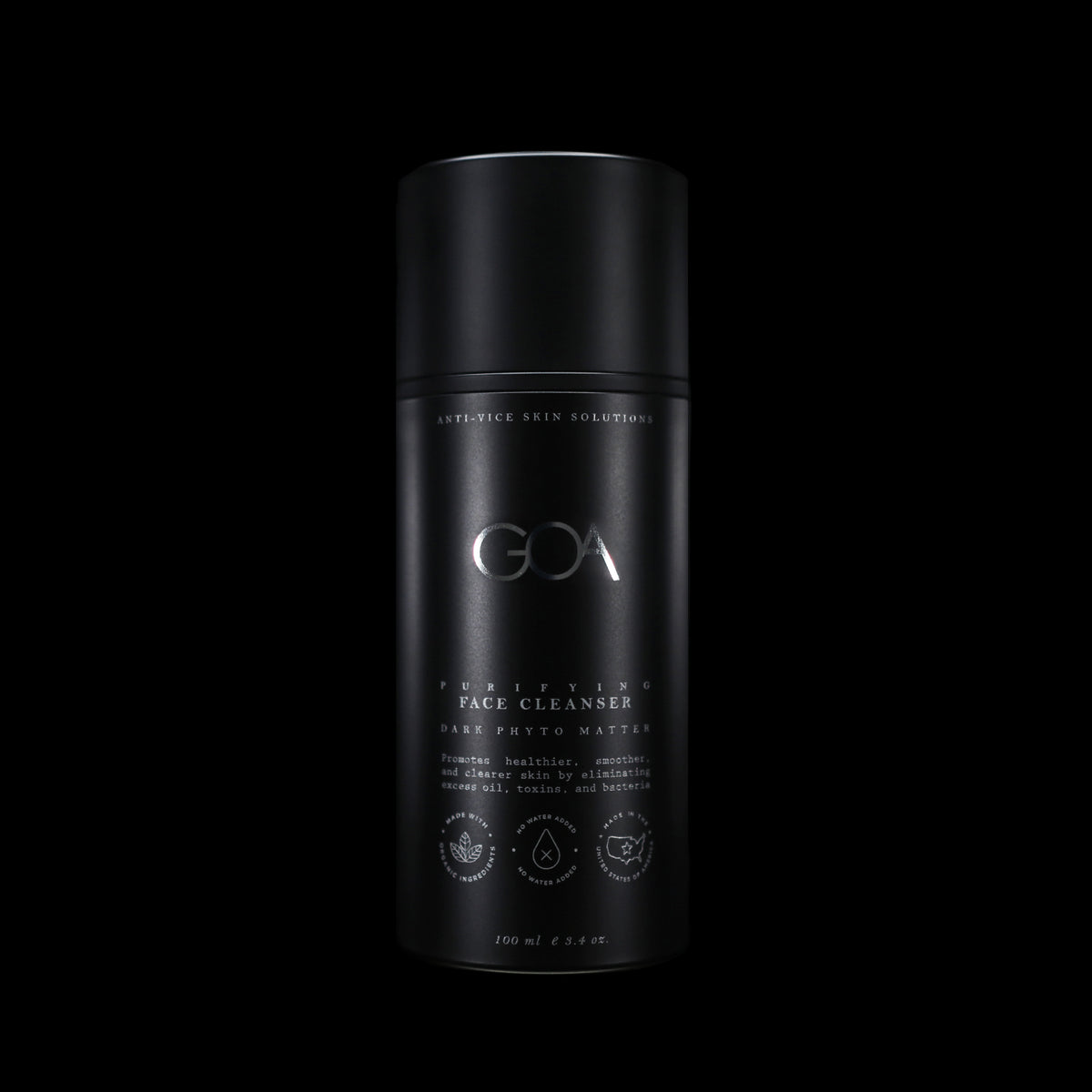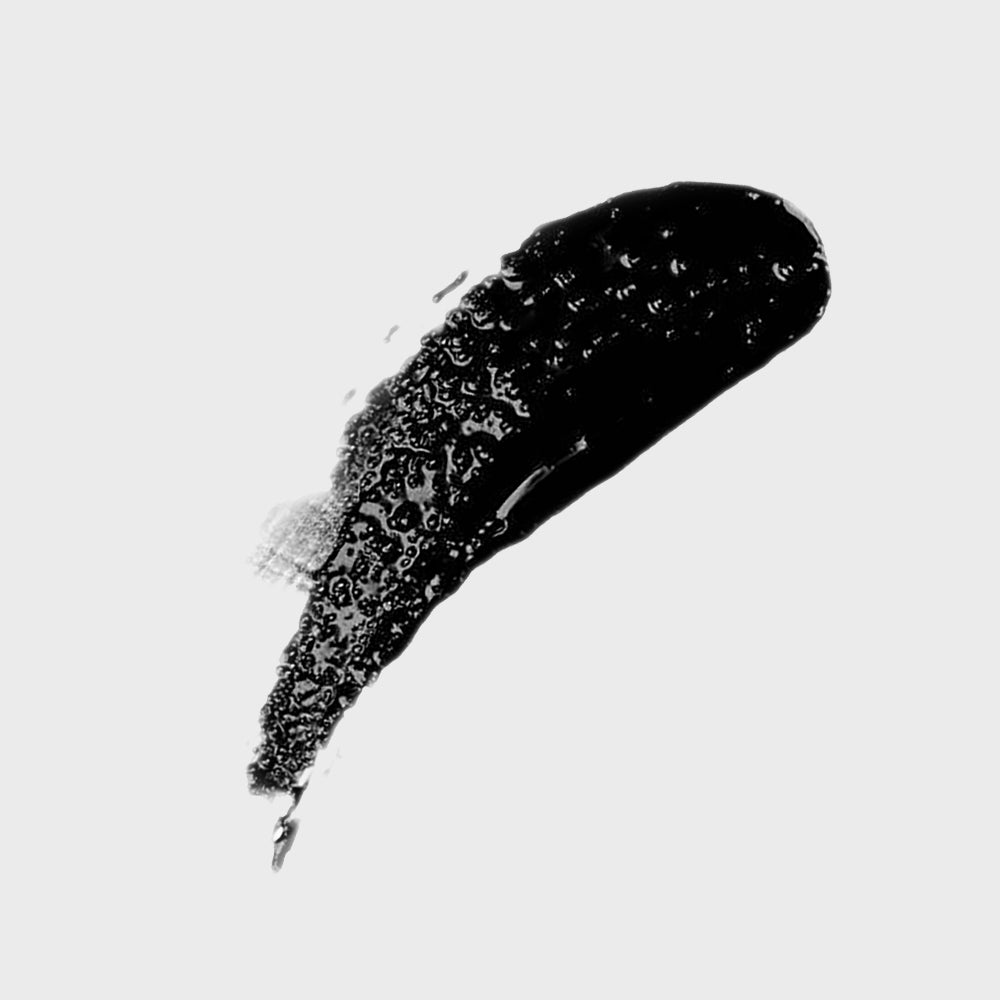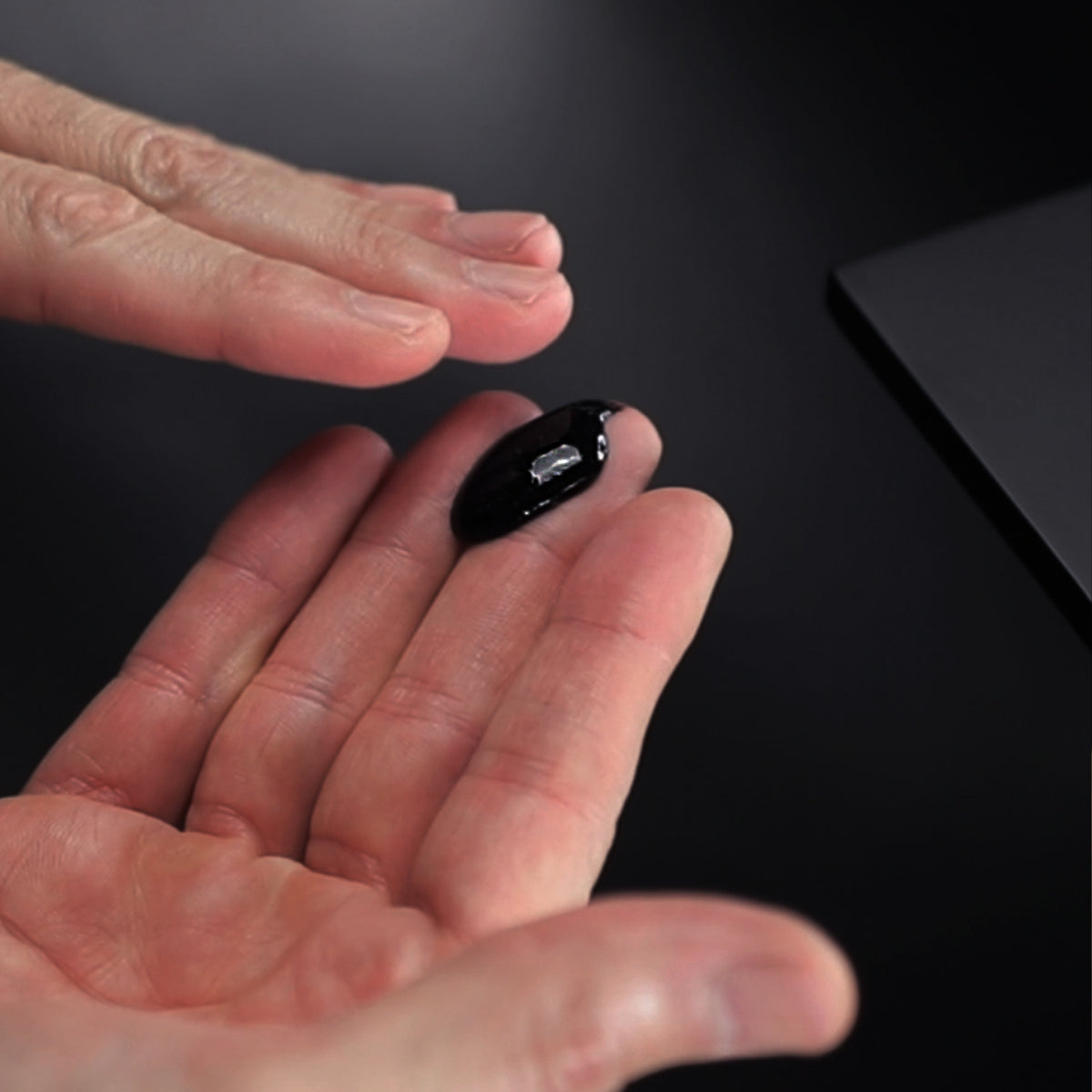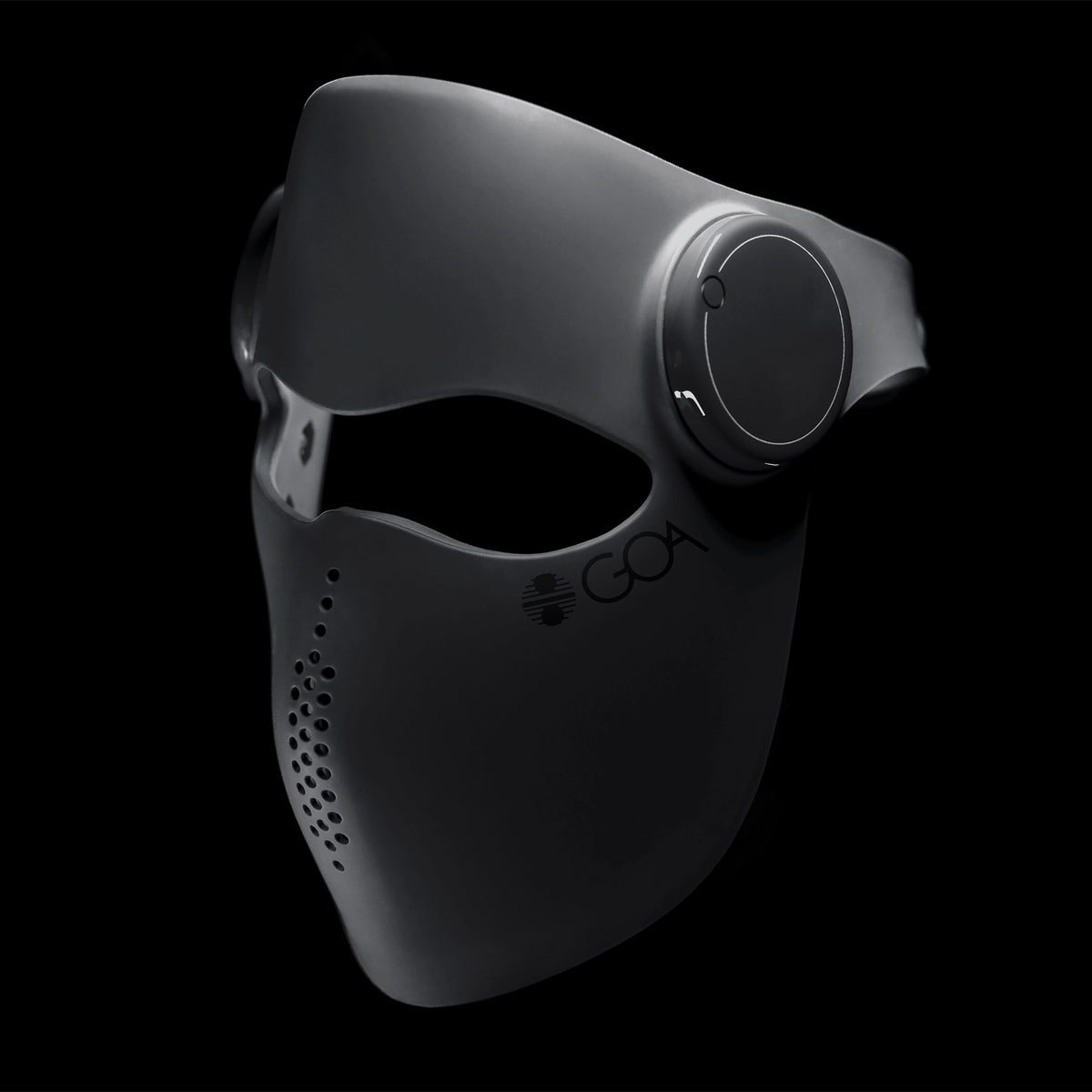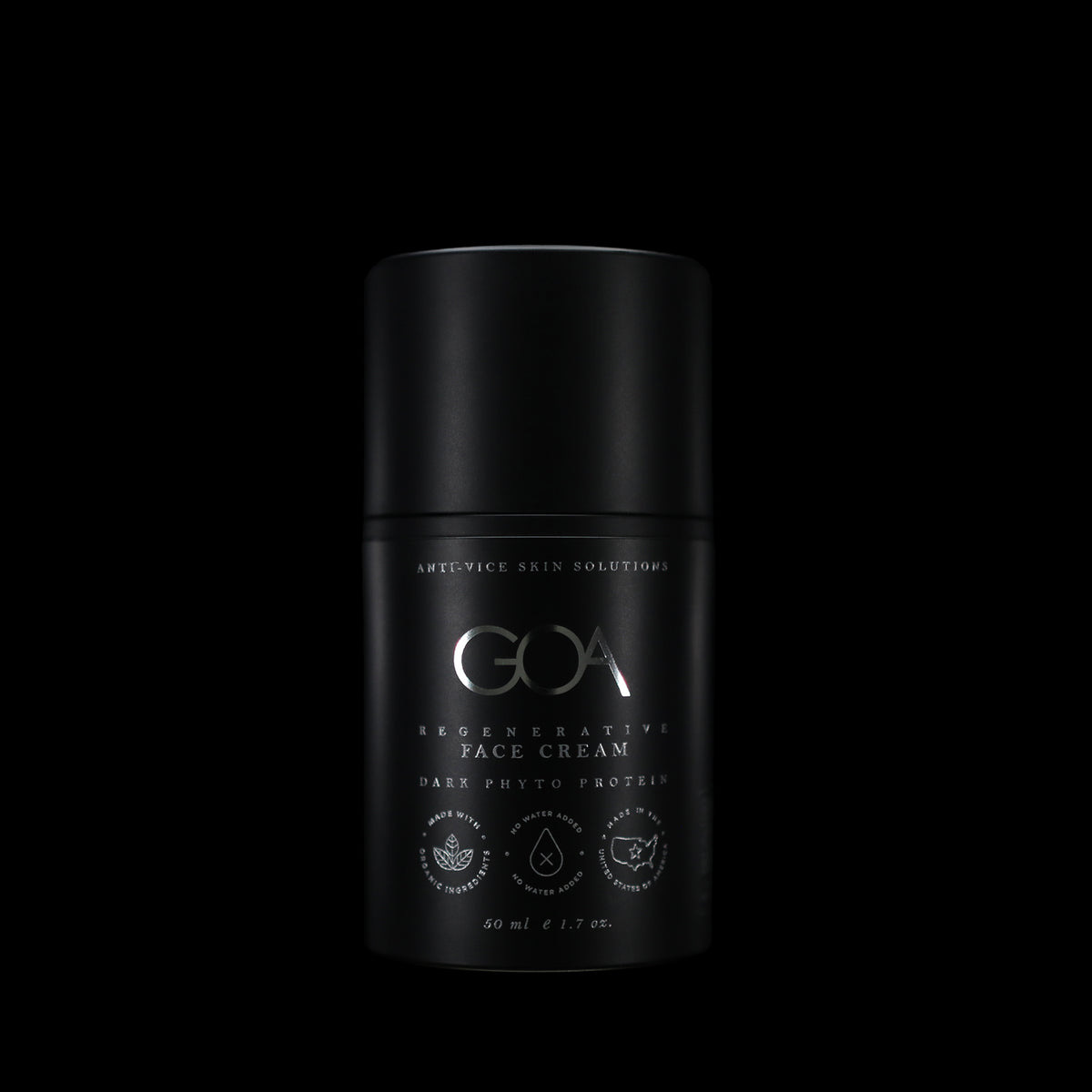Introduction
Picture this: You've got the board meeting in the morning, your workout is calling, and your sleep schedule is out of whack. You're juggling life at its finest—or so you thought—until you look in the mirror and see that acne flare-up staring back at you. Welcome to the crossroads where sleep, exercise, and stress converge, and your skin is the battleground.
The Skin Barrier and Acne
A Primer Your skin isn't just there to look good. It serves as a barrier that protects you from environmental aggressors. Acne occurs when hair follicles become clogged with oil and dead skin cells, leading to the formation of comedones (blackheads and whiteheads). Add bacteria to the mix, and you've got yourself an inflammatory response.
The Science of Sleep and Acne
You might think the "beauty sleep" angle is a cliché, but there’s hard science behind it. Sleep deprivation leads to increased levels of cortisol, the stress hormone. Elevated cortisol stimulates the sebaceous glands to produce more sebum (oil), setting the stage for acne.
The Physiology of Exercise and Your Skin
Exercise boosts your overall health, but what's it doing to your skin? Sweating can help clear out your pores, effectively dislodging blackheads and whiteheads. However, be cautious about gym hygiene. Dirty equipment can be a breeding ground for bacteria. On the flip side, over-exercising can lead to an increase in cortisol levels, mirroring the effects of sleep deprivation on your skin.
Stress: The Silent Aggravator
Now let’s delve into the role of stress, a ubiquitous aspect of modern life. Chronic stress leads to persistent elevations in cortisol. In turn, this hormonal imbalance can exacerbate skin conditions, including acne.
The Interconnected Web
What do these variables have in common? Cortisol. Whether it's lack of sleep, excessive exercise, or uncontrolled stress, they all lead to elevated cortisol levels, tipping the scales in favor of acne formation. It’s not a one-off; it’s a vicious cycle.
Nutritional Sidenote
A quick note on the role of nutrition since it often crosses paths with these variables. A diet high in sugar and saturated fats can also raise cortisol levels. Consider trading those sugary snacks and fatty meats for leafy greens, lean proteins, and omega-3-rich foods like salmon.
Conclusion
Navigating the tightrope of life while keeping your skin in check is no small feat. It's not about radical changes but fine-tuning the elements within your control. The interplay of sleep, exercise, and stress directly affects your skin's health, particularly when it comes to acne. While you're at it, you might find
GOA's Acne Set aligns well with this scientific approach, utilizing a two-step routine that works in synergy to reduce various skin issues.















